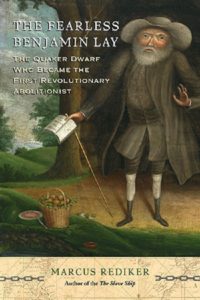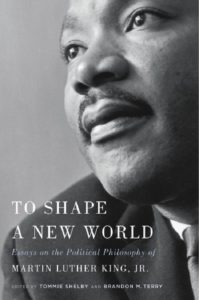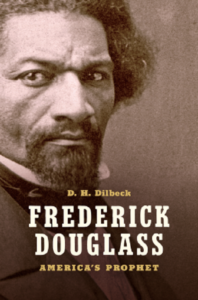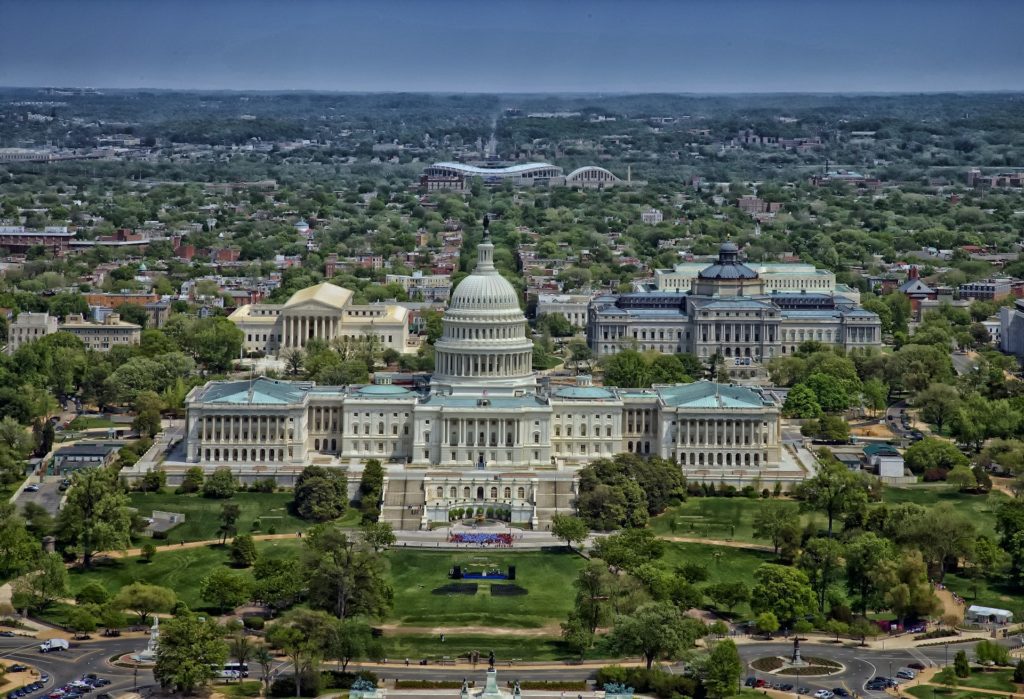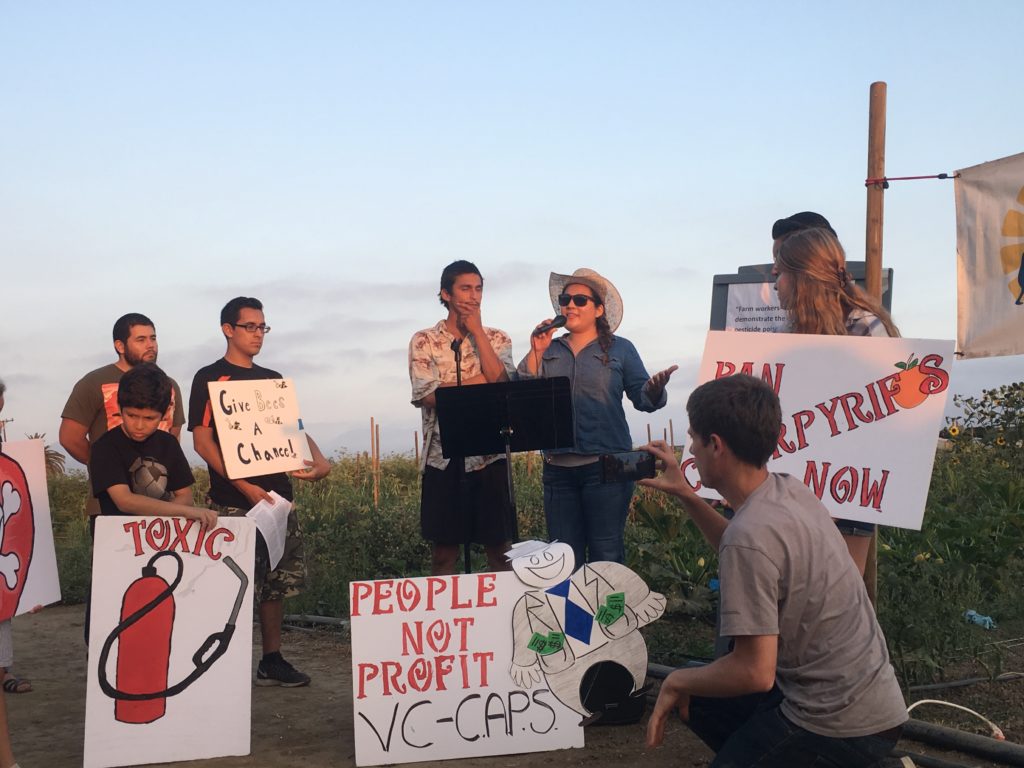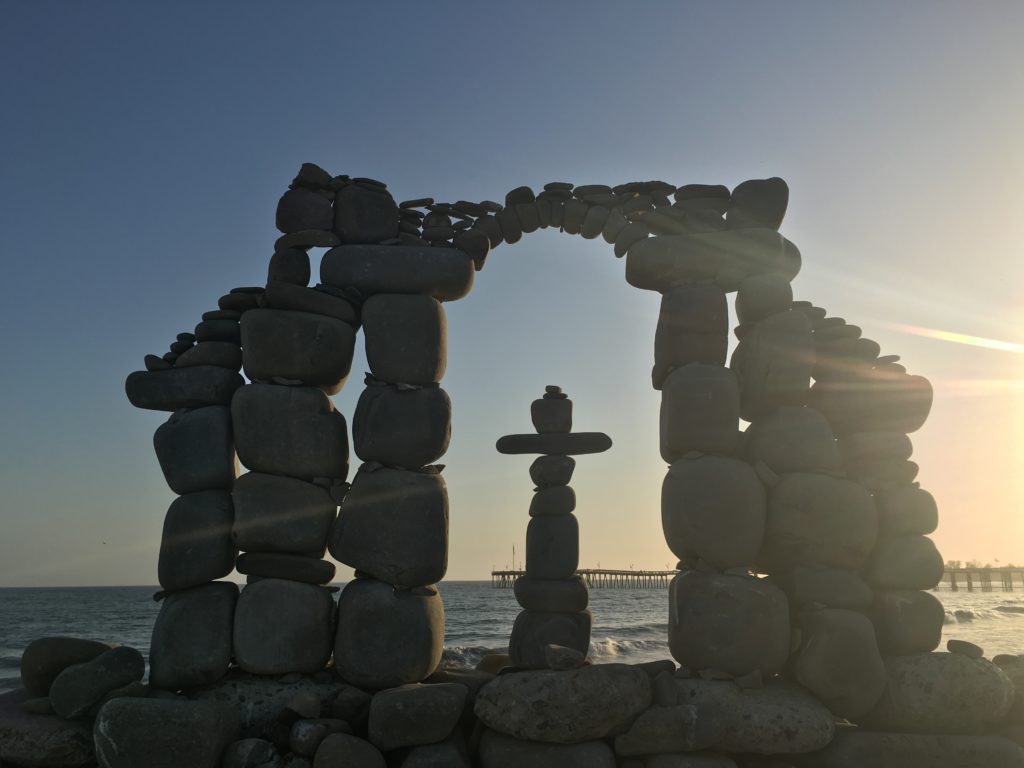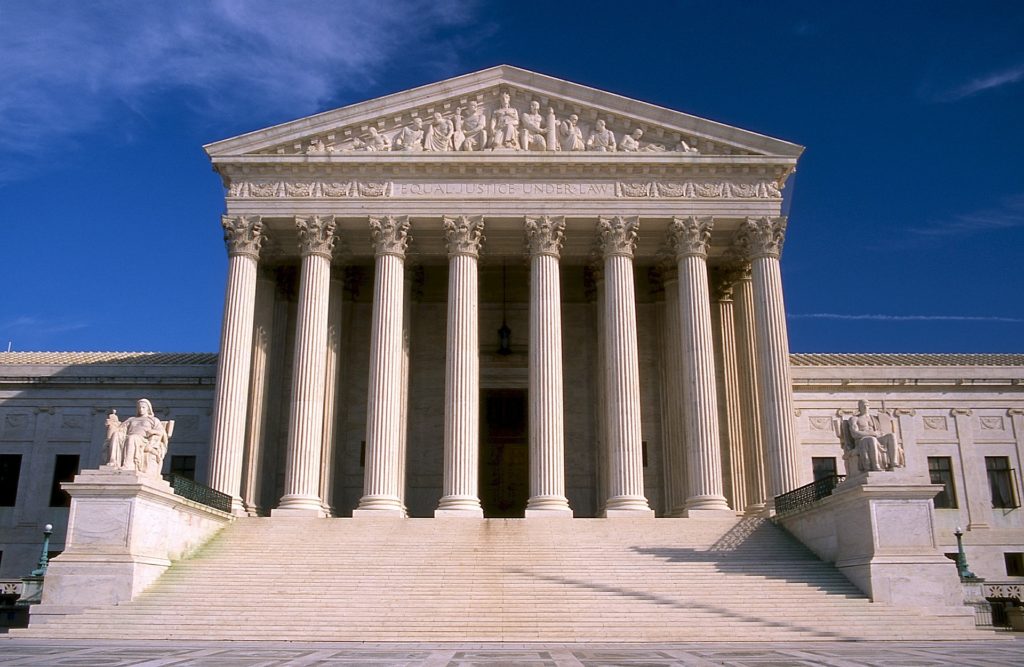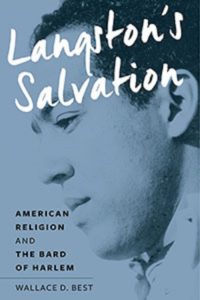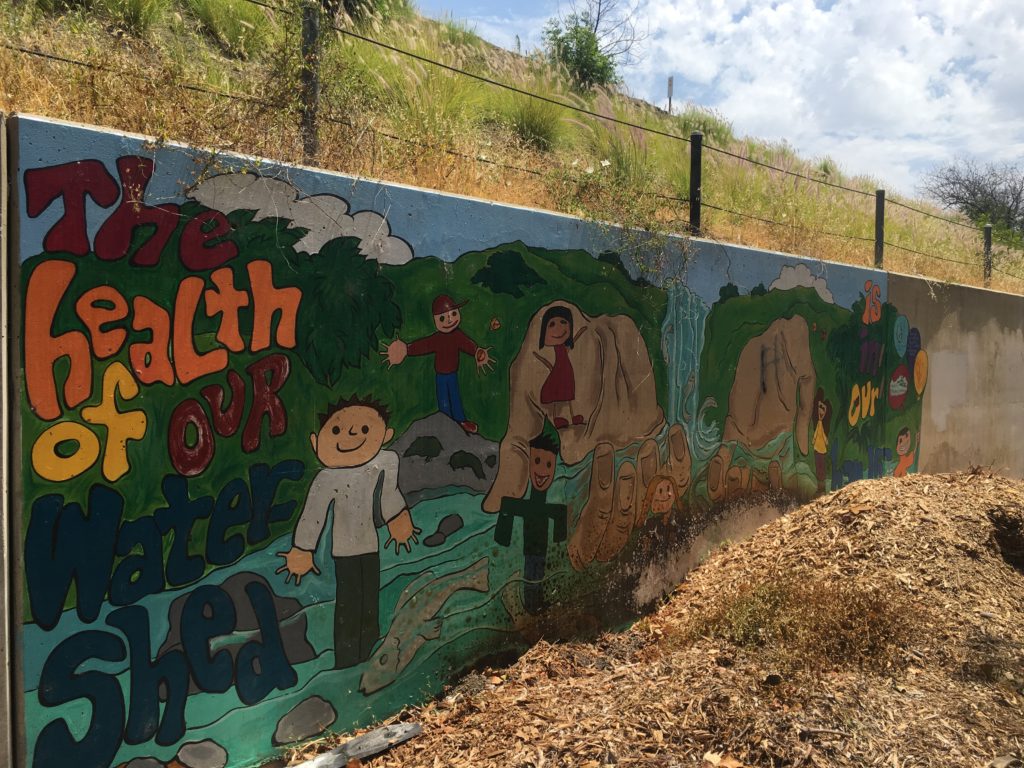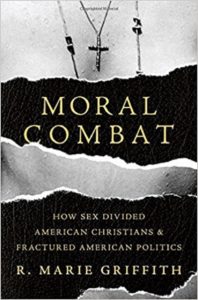 How Sex Divided American Christians and Fractured American Politics
How Sex Divided American Christians and Fractured American Politics
In Moral Combat, historian R. Marie Griffith studies the history of the views that many American Christians have on divisive political issues such as Gay marriage, transgender rights, and birth control–sex. Griffith argues that these modern disagreements were started in the 1920s, when liberal Protestants sparred with fundamentalists and Catholics over questions of obscenity, sex education, and abortion. People on both sides of the debate turned to politics to pursue their moral vision for the nation, creating factions we can still see at work today. In this book, Griffith shows how the Christian consensus on sex unraveled, and how this unraveling has made our political battles over sex so ferocious and so intractable.
Reviews and endorsements of the publication include:
“The story Griffith tells is crucial…. Her contribution is part of a much-needed sex education, and like all good teachers she presents it vividly.”—Linda Gordon, New Republic
“For those of us wondering how the United States got to be the way it is today–religiously, sexually, and politically–Moral Combat is essential reading. R. Marie Griffith, a distinguished historian of American religion, shows that the fierce and bitter contests among Christians in the twentieth century over good religion vs. bad religion, good sex vs. bad sex, have been and remain at the core of the most explosive issues of American public life. Women’s health, African American civil rights, marriage, the cruel fantasy of white supremacy, workplace behavior, the public reputation of science, and more–God and sex are implicated in all of them. The United States is not a God-obsessed nation, as some would have it; it is a God-and-sex-obsessed nation. And the stakes are high: at the heart of this brilliant work of religious and political history is the question of the future of American democracy itself.”—Robert A. Orsi, author of History and Presence
“Thoughtful study of the great schism between religious conservatives and progressives about women’s control over their own bodies.”—Kirkus Reviews
For more information on the publication, click here.
Fellow travelers are scholars, activists, and practitioners that embody the ideals and commitments of the Project on Lived Theology. We admire their work and are grateful to be walking alongside them in the development and dissemination of Lived Theology

